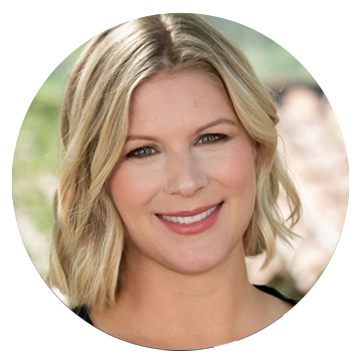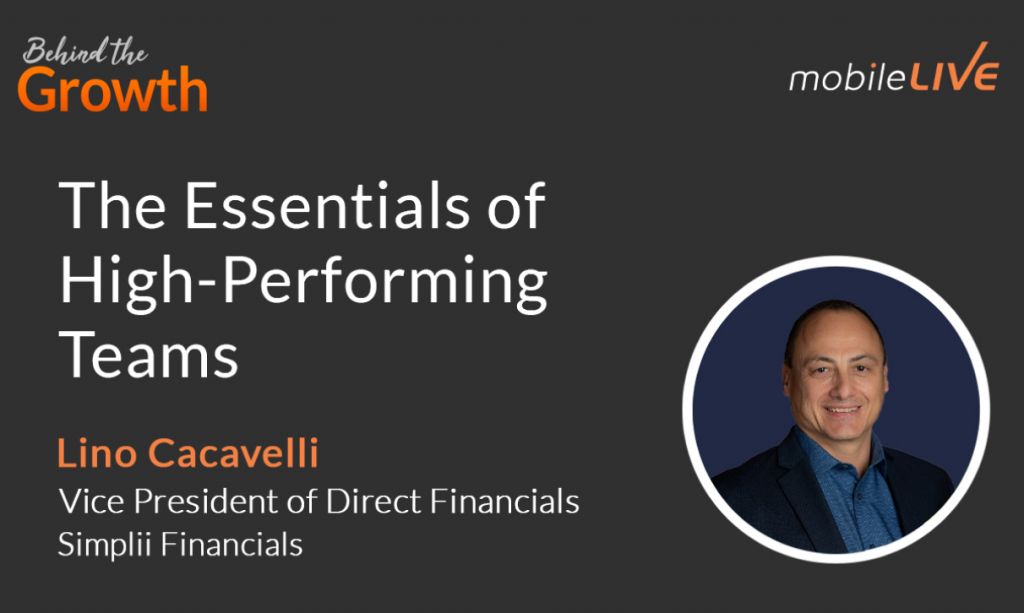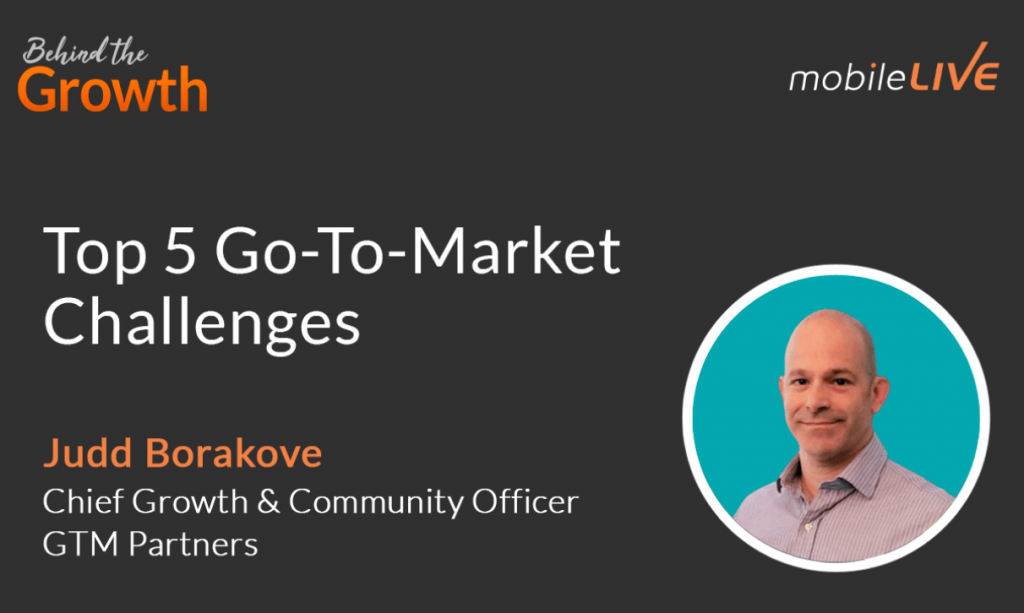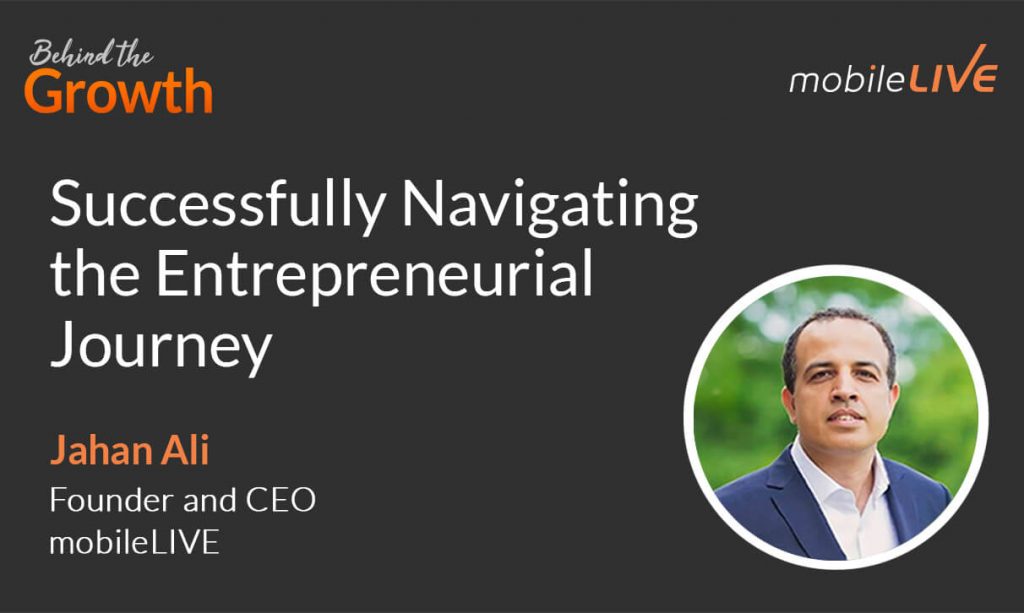Key Insights
It all comes down to people. It’s not the latest technology. It is how the people you work with feel about the business. Company culture is not just another square to check off; it is the starting point of sustainable business growth. Efficiency results from remarkable individuals genuinely caring about and working on reaching the shared goal. The sooner leaders acknowledge that, the sooner they will set up their vision for realization. “My people skills weren’t the gift I was given, but I tremendously care about how people work together, how people treat each other, and the ‘why’ behind what people are doing and why they are doing it. So after being in the B2B tech world for over a decade and seeing this mentality of growth-at-all-cost, very cutthroat, I strategically made a decision and said, ‘I’m going to look for something where I feel like not only do I believe in what the company’s doing as a whole but also that the culture and the leadership team is the people that I want to work with every day. I want to feel like we can make great things happen and that we’re going to be a team. We’re going to have a trust factor and be able to be real, honest, and accountable to each other.’”
Acknowledging your team members’ biases and being open to discussing them helps eliminate the barriers that prevent you from moving operations forward. For example, you can hire experienced and highly skilled personnel, and they may still have trouble using their full potential. One reason may be past experiences, primarily with a former employer/manager or a team. A tool like Outward Inclusion helps you determine those biases in yourself and the rest of the group and understand and see what you can do about them to make a more effective team where no one is ignored due to something they carry unconsciously. “We all have experiences that have shaped us and shaped a mindset or decision about things that we even, again, subconsciously will bring to a new situation or relationship. That’s part of, again, fight-or-flight instinct. And so, knowing that and understanding that each person in the workplace can start to break down those walls and those barriers and silos.”
Growth-at-all-cost mentality causes inefficiency. Don’t seek growth at all costs; go for efficient growth. And the only way to do that is through a change of mindset: a good team is not a means; it’s a goal. “Things that create inefficiency are turnover, people not giving their best, people not showing up and giving a hundred percent, people getting in the way of other people for whatever reasons. […] Those are all things that get in the way of efficient growth. And […] that growth-at-all-cost mentality and treating people like objects, you are not going to get the most out of people. They know they’re being treated like an object; they are just a way of getting something done to serve somebody else.”
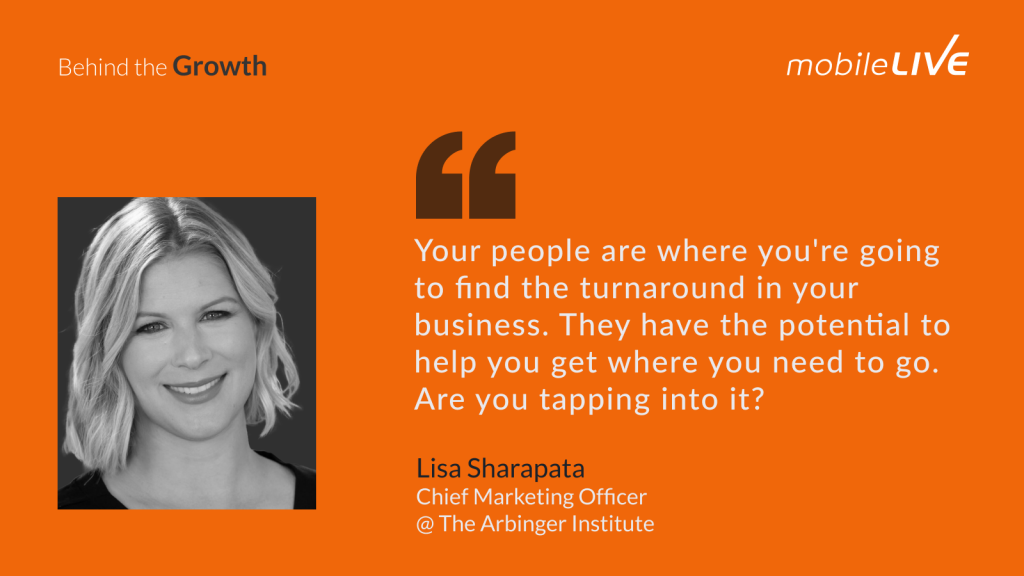
Episode Highlights
Being a CMO Is Challenging, But Everything Is Achievable With the Right Team
“When I started looking for something new, I said, ‘These are my non-negotiables; those are the most important things to me.’ I want some runway. I don’t want it to be this: you’ve got 18 months to hit these numbers, or else. I want a realistic situation where people believe in this, and there’s enough runway to do what needs to be done. […]
It’s such a good feeling to feel like you’re in the right place and you’re making a difference, and the work you’re doing matters, and your team believes in you, not just the people working for you, but the people working with you, the owners of the company and [the] managing partners.
It makes such a difference when you wake up in the morning, and you’re like, ‘I am ready to tackle this.’ And even if it’s a tough challenge and we’ve got something to overcome, we’re all in it together, and we have the same desired outcomes, and we’re going to figure out how to do it.”
The Difference Between an Inward Mindset and an Outward One
“When we’re inward, we care more about ourselves; we care about how we look or how people see us, or we go into what we call these boxes where it’s like, ‘I deserve,’ or ‘I’m better than,’ or even seeing myself as worse than other people. […] That causes problems. You’re putting yourself first; therefore, every decision you make and action you take is about you.
Whereas, when you have an outward mindset, the idea is that you see people as people, you understand and try to get to understand their problems, their pain points, how you are impacting them, what their desired results are, how you can help them achieve the bigger outcome. You’re putting other people’s needs first, but also the bigger picture — this desired outcome over your ego and desires. […]
So when I put it into a business sense, how can we work together to achieve this result? It feels so much better, and it’s more enjoyable along the way, but also, people know when you’re in it with them, and most of the time reciprocate, too, and it’s usually a win-win.”
How Mindset Transformation Impacts an Organization (and How the Arbinger Institute Helps You Achieve It)
“There’s a great McKinsey study out there, and they just refreshed it last year. It’s a 4x increase in desired results when you transform mindsets across the organization. […]
There are different ways you can start with Arbinger, but we typically start with a two-day workshop, developing an outward mindset. We have a leadership component to that, which is a separate offering. So, ideally, you start with the leadership team and then work your way through the organization.
We’ve had many organizations that start with one internal department. But when you start to see the impact of this outward mindset changing your mindset and how people are treating each other and working together better, you’re starting to see these silos break down, and results start to happen. So it’s like, ‘This is changing our culture. Let’s make it intentional, and then we’ll move to the leadership team.’”



